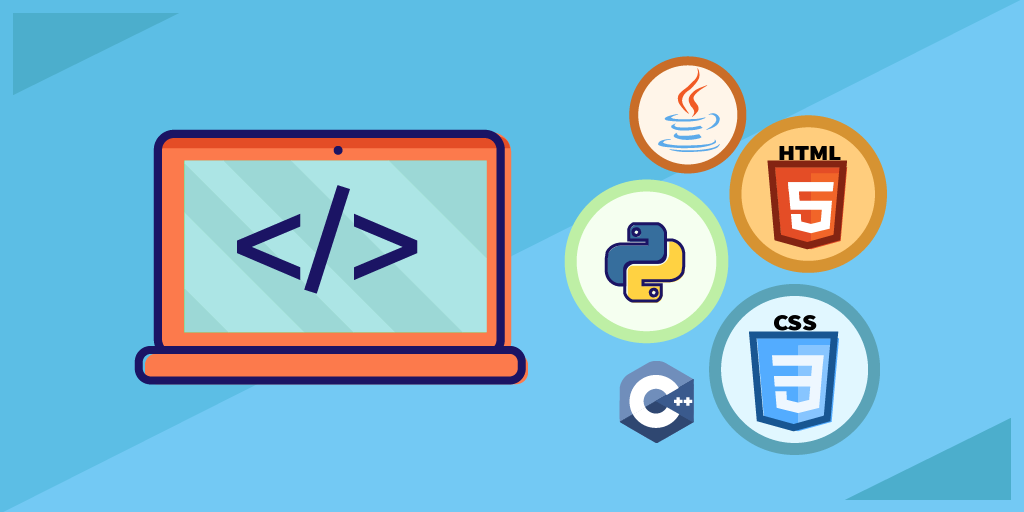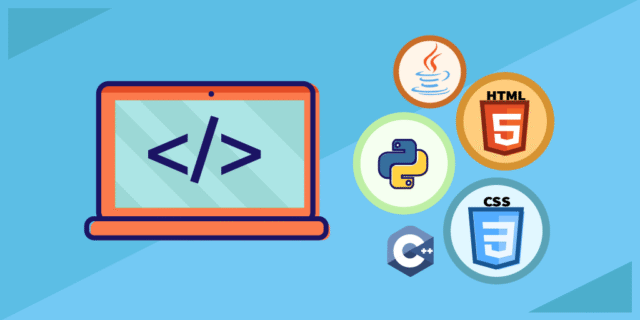In Nigeria’s fast‑evolving tech space, knowing the right programming languages can make the difference between landing a well‑paying job and being left behind. As we approach 2026, the landscape of demand is shifting—cloud services, AI, mobile applications and high‑performance systems are driving new trends in hiring. In this article, we explore seven programming languages poised to turbocharge your career prospects next year and show how each is a powerful tool in today’s industry.
Table of Contents

1. Python: The Ever‑Reliable Workhorse
Python remains top of the heap, thanks to its readability, massive libraries, and practicality. From machine‐learning frameworks like TensorFlow and PyTorch to data analytics with Pandas and NumPy, it’s versatile and in constant demand. Employers across AI, web development, automation, and fintech want Python experts. In Nigeria, industries embracing digital transformation—banks, agritech, and startups—count on Python professionals for their operations.
2. JavaScript (and TypeScript): Web’s Backbone
JavaScript powers most of the internet—and now, thanks to frameworks like React, Angular, and Svelte, it’s front‑to‑back indispensable. Coupled with TypeScript’s static typing, it ensures scalable, error‑resistant development. Whether you’re building interactive UIs or working full‑stack with Node.js, JavaScript remains vital for web and mobile PWAs. In Nigeria’s burgeoning tech hubs, this is a language that gets you into startups and established firms alike.
3. Java: Still a Corporate Staple
Don’t write off Java—it remains entrenched in enterprise systems, backend solutions, and Android development. Its “write once, run anywhere” philosophy still matters, especially for banks and large-scale applications. For many Nigerian tech players, especially in banking and government projects, Java proficiency is a mark of reliability and stability. Given Nigeria’s growing mobile market, knowing Java remains a smart strategic move.
4. Go (Golang): Cloud and Concurrency Champ
Go is gaining ground fast as the language of cloud-native systems, microservices, and back‑end infrastructure. Created by Google, it powers Docker and Kubernetes and excels in concurrency and simplicity. Whether you’re slashing latency in fintech platforms or building resilient APIs, Go is becoming essential. As Nigeria’s digital infrastructure matures, engineers who know Go will lead the pack.
5. Rust: Speed with Safety
Rust is capturing attention for delivering high performance without compromising memory safety. It’s being adopted by major tech firms—including Microsoft, AWS, and projects like the Linux kernel—precisely because of its security and reliability. If your interests lie in systems programming, blockchain, or performance‑critical applications, Rust offers both efficiency and peace of mind. It’s a rising star for any serious developer.

6. Kotlin (and Swift): Mobile’s Modern Edge
On the mobile front, Kotlin for Android and Swift for iOS command growing attention. Google recommends Kotlin for Android development due to its concise syntax and null safety; Swift remains the gold standard for Apple ecosystem apps. In Nigeria, where smartphone use is exploding, mobile applications—from fintech wallets to agritech apps—are in high demand. Knowing these modern programming languages gives you a competitive edge in mobile development.
7. SQL: The Underrated Backbone of Data
Though not always branded as glamorous, SQL is indispensable. It is the universal language for querying relational databases, and remains the go‑to tool for backend developers, data analysts, and BI professionals. With every company—big or small—leaning on data for insights, SQL proficiency ensures you can extract, manipulate, and understand the gigabytes stored behind the scenes.
Why These Seven Matter
- Versatility: Together, these seven programming languages cover AI (Python), web (JavaScript/TypeScript), enterprise (Java), cloud infrastructure (Go), systems integrity (Rust), mobile apps (Kotlin/Swift), and data operations (SQL).
- Job Alignment: Nigeria’s tech ecosystem spans fintech, agritech, e‑commerce, and mobile services—each of which is aligned neatly with one or more of these languages.
- Future‑Ready Skills: As industries adopt cloud, AI, and mobile-first approaches, proficiency in these languages will position you at the forefront of innovation.

How to Choose What to Learn Next
- Start with versatility: Begin with Python or JavaScript—they both unlock wide job possibilities and provide solid foundations.
- Then specialise: If your ambition is cloud/backend systems, Go is the next stop. Mobile? Go for Kotlin or Swift. Want high‑performance systems? Rust is your ally.
- Don’t ignore SQL: Even if you’re a front‑end or backend specialist, SQL remains a necessary tool in your belt.
- Stay curious: Employers value developers who explore beyond one toolset. For instance, combining Python with SQL for data roles, or merging JavaScript with Go for full‑stack cloud deployment, sets you apart.
Conclusion
As 2026 draws nearer, the tech world continues to evolve—and so should your skills. Mastering these Top 7 Programming Languages to Learn for Tech Jobs in 2026 not only expands your career horizon but also future‑proofs your expertise in a dynamic field. From building scalable systems in Go, developing sleek apps in Kotlin and Swift, to securing systems with Rust and wrangling data via SQL—this chosen mix equips you for tomorrow’s jobs.
Stay focused, stay learning, and you’ll be well‑placed to thrive in Nigeria’s—and the world’s—tech future.
Join Our Social Media Channels:
WhatsApp: NaijaEyes
Facebook: NaijaEyes
Twitter: NaijaEyes
Instagram: NaijaEyes
TikTok: NaijaEyes








































